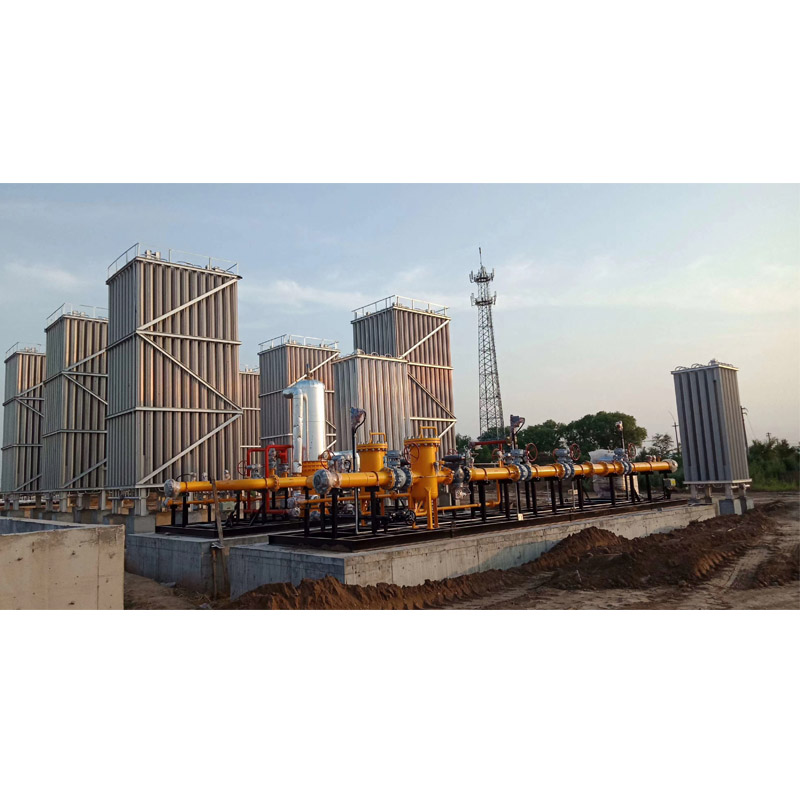
Dec . 10, 2024 08:20
Back to list
Gas Filtration Techniques for Improved Air Quality and Environmental Sustainability
Gas Filtration An Essential Process for Air Quality and Environmental Protection
Gas filtration is an essential process that plays a critical role in maintaining both air quality and environmental protection. As industries continue to grow and urban areas expand, the need for efficient gas filtration systems has become increasingly paramount. These systems not only help in reducing pollutants from industrial operations but also ensure that the air we breathe remains free from harmful substances.
At its core, gas filtration involves the removal of solid particles and gaseous impurities from a stream of gas. This process is essential in various applications, including air pollution control, industrial processes, and health sector operations. The technology relies on different methods, such as mechanical filtration, electrostatic precipitation, and adsorption, each tailored to suit specific needs and types of pollutants.
Types of Gas Filtration
1. Mechanical Filtration This method uses physical barriers to capture particulates. Common examples include HEPA (High-Efficiency Particulate Air) filters that can trap airborne particles as small as 0.3 microns. These filters are extensively used in hospitals, laboratories, and residential settings to maintain clean air.
2. Electrostatic Precipitators These devices use electrical charges to remove particles from gas streams. When gas containing particulates passes through the precipitator, the particles are charged and subsequently attracted to oppositely charged plates, where they accumulate and can be collected. This method is particularly effective in industries where fine particles are generated, such as power generation and cement manufacturing.
3. Adsorption This chemical process involves the adhesion of molecules from a gas phase to a solid surface. Activated carbon is one of the most commonly used materials for adsorption due to its high surface area and porosity. Gas filtration systems that utilize adsorption are particularly effective for removing volatile organic compounds (VOCs) and odors from industrial emissions.
Importance of Gas Filtration
gas filtration

The significance of gas filtration cannot be overstated. Firstly, it plays a pivotal role in safeguarding public health. As air pollution becomes an increasingly pressing global issue, effective gas filtration systems can mitigate the release of harmful particles and gases into the atmosphere. According to the World Health Organization, air pollution is responsible for millions of premature deaths each year. By removing these pollutants at the source, gas filtration can contribute to a healthier population and improved quality of life.
Secondly, gas filtration is vital for environmental protection. Many industrial processes emit greenhouse gases and other pollutants that contribute to climate change and environmental degradation. Implementing advanced filtration systems reduces the environmental impact of these operations, aligning with global sustainability goals. By capturing and treating exhaust gases, industries can minimize their carbon footprint and comply with strict environmental regulations.
Innovations in Gas Filtration
With the advent of new technologies, gas filtration systems are becoming more efficient and effective. Innovations in nanomaterials have led to the development of filters that can capture even smaller particles and gases with improved energy efficiency. Researchers are also exploring the integration of artificial intelligence and machine learning to optimize filtration processes, allowing for real-time monitoring and adaptation to varying pollution levels.
Furthermore, the push for greener technologies is driving the development of biofiltration systems. These systems utilize microorganisms to break down harmful gases and convert them into less toxic substances. This organic approach presents a sustainable alternative to conventional filtration methods and is gaining traction in waste management and sewage treatment facilities.
Conclusion
In conclusion, gas filtration is a crucial process that significantly contributes to air quality, public health, and environmental sustainability. As pollution levels continue to rise globally, the demand for effective gas filtration technologies will only increase. Innovations in this field promise to enhance filtration efficiency and broaden the scope of applications, making our world cleaner and greener. By investing in advanced gas filtration systems, we can take significant steps toward improving air quality and protecting our environment for future generations.
Next:
Latest news
-
Safety Valve Spring-Loaded Design Overpressure ProtectionNewsJul.25,2025
-
Precision Voltage Regulator AC5 Accuracy Grade PerformanceNewsJul.25,2025
-
Natural Gas Pressure Regulating Skid Industrial Pipeline ApplicationsNewsJul.25,2025
-
Natural Gas Filter Stainless Steel Mesh Element DesignNewsJul.25,2025
-
Gas Pressure Regulator Valve Direct-Acting Spring-Loaded DesignNewsJul.25,2025
-
Decompression Equipment Multi-Stage Heat Exchange System DesignNewsJul.25,2025

